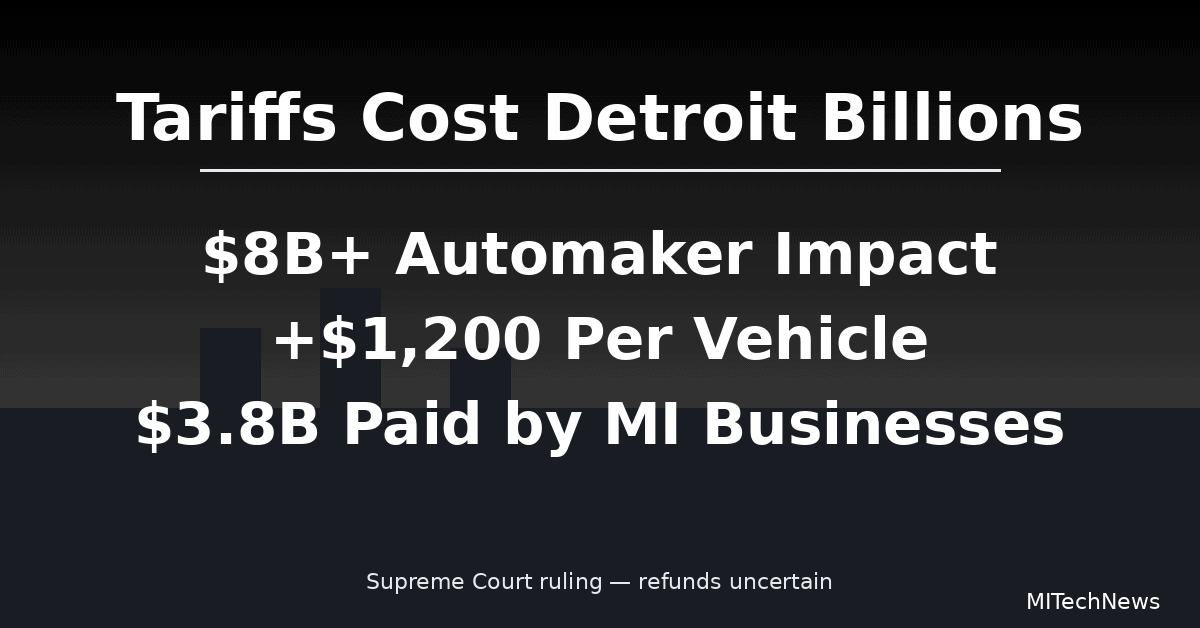SAN FRANCISCO – The day after Thanksgiving is one of the biggest shopping days of the year, and despite a worldwide pandemic, shoppers spent a record $9 billion on Black Friday back in 2020, an increase of 21.6 percent over the previous year, according to Adobe Analytics.
And with all that money flowing from one wallet to another, cybercriminals will unfortunately look for a way to get a piece. Although scammers work year-round, it’s during the holiday season that they look to exploit the spirit of giving, which proves lucrative.
The scams are wide-ranging: As retailers like Amazon, Best Buy and Walmart roll out deals over the holidays, fraudsters put out elaborate websites to trick you into spending money on products you’ll never receive. You may receive text messages or emails claiming you’re eligible for a refund for an item you never purchased, just so that thieves can get you to reveal your card information. You might even be enticed into donating to a charity that provides homes for abandoned puppies — that just doesn’t exist.
Although scams come in all shapes and sizes, the red flags are always there. Here’s what you need to know about Black Friday scams and how to avoid becoming a victim this holiday season.
To find out what they are, click on CNET.Com






